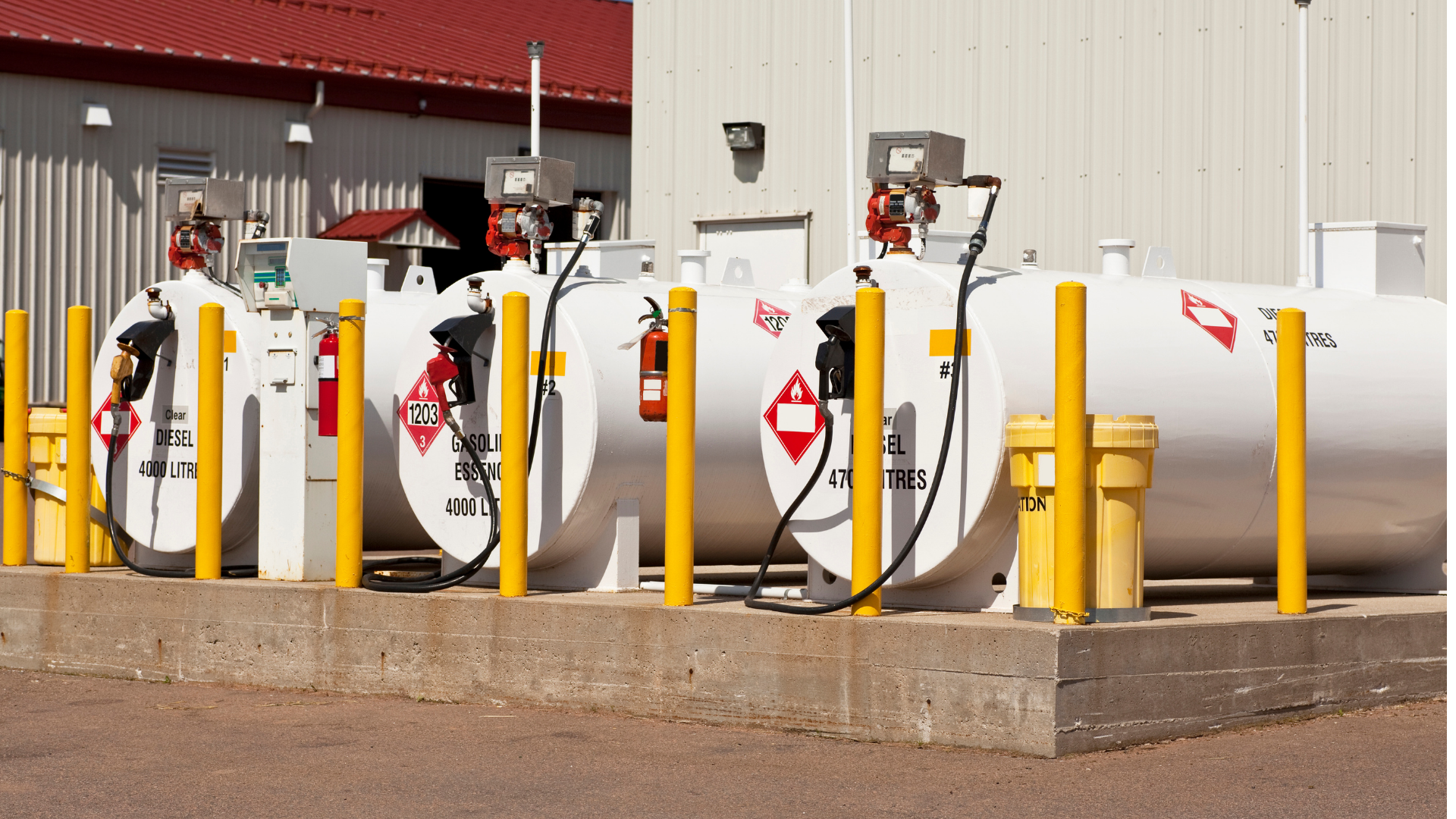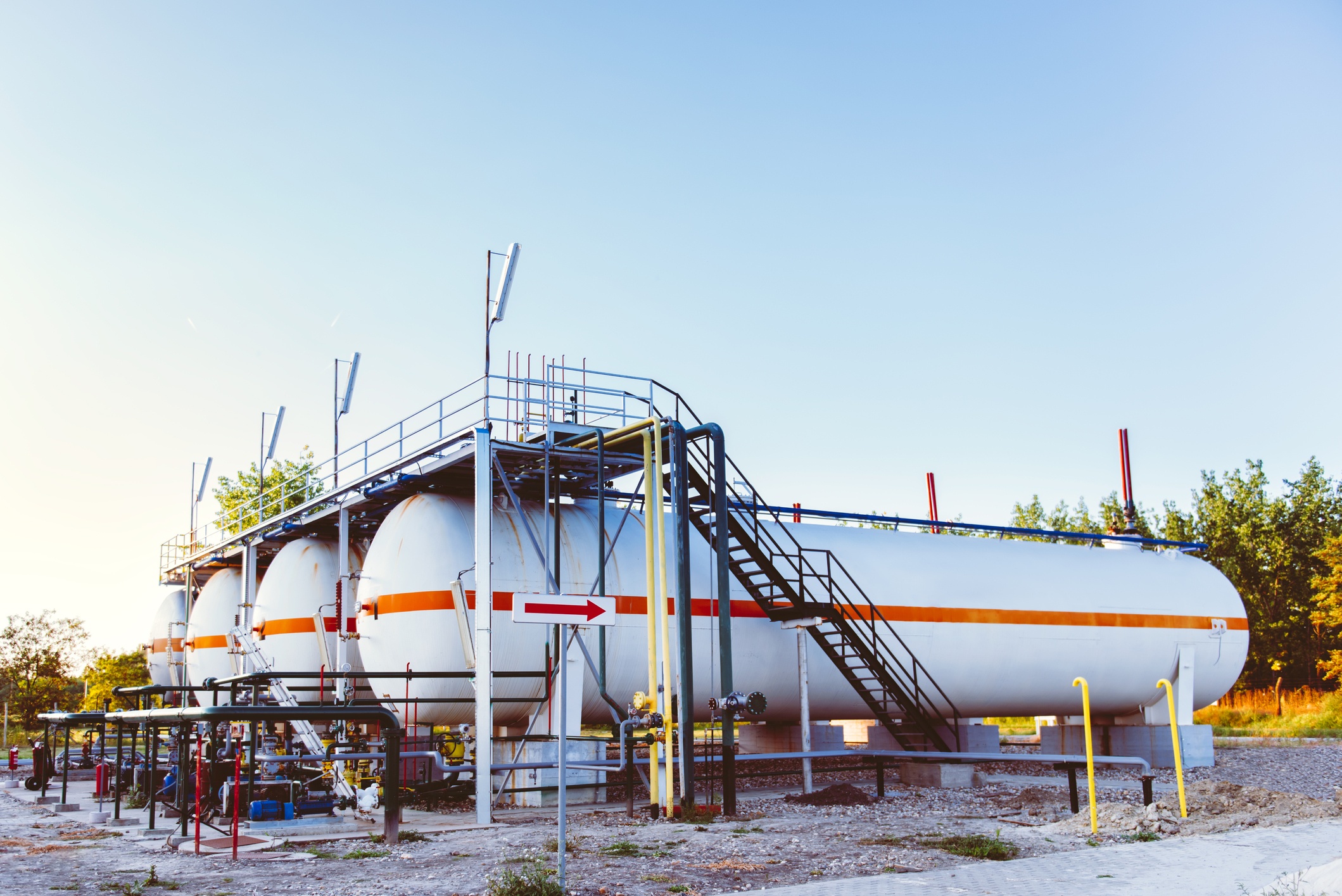Imagine a site with multiple fuel tanks and dispensing stations. Imagine the logistics of daily stick and totalizer readings and the readings required when fuel is delivered from the supplier.
A bummer, to be sure, especially if it's the way you are currently set up.
Now imagine the tanks are monitored with electronic-level probes. Combine this with the convenience of the pump dispenser totalizers automatically recorded along with recordings of the fuel dispensed at each pump. What would life be like when all of these measurements are sent to a platform in the cloud, and your inventory reconciliation is automatically calculated? Imagine pouring a cup of coffee and printing out your inventory reconciliation report as you relax and enjoy your morning cup of java.
Read More
Topics:
automated fuel management,
fuel management system criteria,
fuel management,
fuel tank management,
automated fleet data,
fuel inventory management
"Workaholics aren't heroes. They don't save the day, they use it up. The real hero is already home... Because she figured out a faster way to get things done."
— Jason Fried and David Heinemeier Hansson
Fleet managers with business acumen know the importance of not just working hard, but also working smart. And yet, when it comes to fuel management, many fail to reap the full promise of automated fuel management systems.
Still, automation done wrong will decidedly do more harm than good to your fuel management efforts. In this edition of Fleeting Thought, we make the case for fully automated fueling but, just as important, we address some of the pitfalls you may face in deploying this rewarding technology.
Read More
Topics:
automated fuel management,
fuel management,
fleet fuel management,
fleet management solution,
fleet efficiency
In the mining industry, fuel consumption is high volumes, high stakes, and most definitely not a game.
Mining companies need to continuously reinvent themselves and look to improve their operating efficiencies in the area of fuel consumption to stay profitable. There are many options available for mine operators to implement to improve fuel efficiencies and reduce overall fuel consumption. The challenge is to accurately track and monitor the fuel used at the overall mining site and reconcile fuel consumption by an asset. You can’t manage what you can’t measure.
Read More
Topics:
automated fuel management,
mining fuel management,
fuel management,
fuel inventory management
Regarding fuel, remote working operations such as construction sites, open pit mines, commercial farming and logging operations create unique challenges for the fleet or operations manager.
Read More
Topics:
construction fuel management,
fuel management,
fleet fuel management
Mining + Fleet Management Systems = Success
Mining is a global industry, and all over the world, mines experience the same challenges and use the same tools to run profitable operations. Almost all mining operations run 24/7 and 365 days a year. When equipment must constantly be running, failures, fuel management errors, and operator misbehavior can quickly add up to millions in losses. Because most of the operation depends on generators, fuel becomes a very expensive and crucial part of the operating equation. This is where a solid mining fleet management system can provide significant benefits. In addition to the vehicles, everything from the property lighting to the cafeteria and kitchen equipment, personnel housing and amenities, maintenance facilities, and most of the machinery operating outside and inside the plants depend on a continuously available fuel supply. Managing this supply accurately is where the big savings occur.
Read More
Topics:
fuel management,
fuel tank management,
mining
Today we give special recognition to the fleet managers and some critical partners who contribute to our success. Thanks to these hard-working and strategically essential employees from all our industries, Coencorp has been growing for three decades, building the most comprehensive, fully integrated, customizable, and user-friendly fleet management system available, SM2. To better understand what makes these partners so vital to us, we must look at all they do daily and how their business needs become our primary functions.
Read More
Topics:
fuel management,
fleet management,
driver behaviour,
vehicle tracking
Pay Attention, Or You'll Pay!
I was planning my budget the other day and thinking about how much gas I used for trips to and from work, to do groceries, to the gym, to go on weekend outings with friends and family, and I realized that other than the mileage on my odometer, I didn’t really track where I spent on fuel each week; much less for each month, or year. I suppose if I knew, I’d be a little shocked, and I’d also be a little more careful about what I paid for gas, how I operated my car, and how many trips I made each day. The truth was, I only had a vague idea about my gas spending behavior and I probably wouldn’t even see if my changes made any significant difference or not to my single-car usage. Then I thought about my clients.
Read More
Topics:
fuel management,
fleet management,
mining
Where Your Fuel Management System Makes You Money
When discussing the high costs of fleet management, our customers often tell us fuel consumption is on par with expenses related to labor. In fact, they tend to complement each other in transparent and trackable ways. The most obvious is when your fleet increases in size, so do labor and fuel expenses. However, the relational increase isn’t always a one-to-one ratio. The question is why it sometimes seems to increase exponentially.
Read More
Topics:
fuel management,
maintenance management,
fleet management,
AVL,
driver behaviour,
vehicle tracking
When people think of fuel management systems (FMS), the first thing that usually comes to mind is some kind of terminal at the pump identifying users and vehicles via cards, key tags, and ID numbers punched on a keypad. In other words, they think of what is mostly the control aspect of an FMS. Although control is an essential dimension of such a system, there needs to be more going on than that.
Read More
Topics:
fuel management,
fleet fuel management,
fuel tank management
A business-wise man once told me, "Fuel Management may not be the sexiest, but top fleet managers know it's where the money is."
Let’s get the obvious out of the way first: next to labor, fuel nearly always represents the highest cost of running a fleet. You need a fuel management system if you have your own fuel tanks and dispensers (AKA in-house fleet fueling). No ifs, ands, or buts about it. The level of sophistication and control required will vary from one industry to the next and even between companies within the same industry. But the need for minimal distribution and inventory control of fleet fuel is undeniable. Fuel is expensive, and maintaining inventories without knowing how much, to whom, when, and where it goes makes as much sense as having an open-bar bank account for all to dip into.
Read More
Topics:
automated fuel management,
public transit fuel management,
public works fuel management,
construction fuel management,
mining fuel management,
why fuel management system,
fuel management system criteria,
how select fuel management system,
fuel management,
what is fuel management,
oil and gas fuel management,
fleet fuel management










